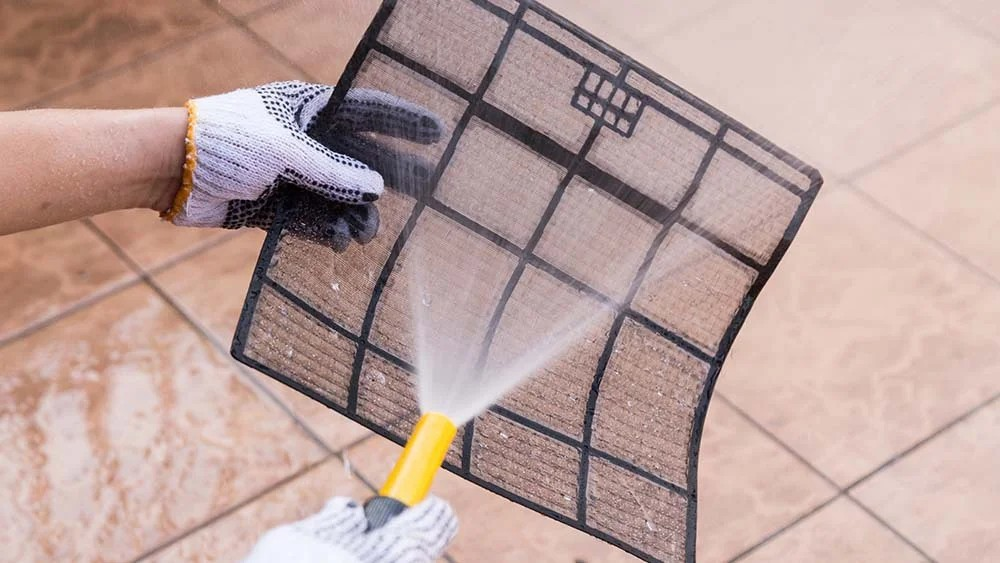What is the role of a HVAC consultant? An HVAC (Heating, Ventilation, and Air Conditioning) consultant plays a crucial role in the planning, design, installation, maintenance, and optimization of HVAC systems. Their expertise ensures that HVAC systems are efficient, reliable, and meet the specific needs of a building or project. Here is a detailed breakdown of the roles and responsibilities of an HVAC consultant:
1. Assessment and Planning
Site Evaluation:
- Conduct Surveys: HVAC consultants conduct detailed surveys of the site, evaluating existing conditions, space requirements, and environmental factors.
- Load Calculations: Perform load calculations to determine the heating and cooling requirements of the building. This includes assessing the building’s orientation, insulation, windows, occupancy, and internal heat gains.
Needs Analysis:
- Client Consultation: Work closely with clients to understand their specific needs, preferences, and budget constraints.
- Feasibility Studies: Conduct feasibility studies to assess the practicality and cost-effectiveness of various HVAC options.
2. System Design
Conceptual Design:
- Initial Design Concepts: Develop initial design concepts that meet the project’s requirements, focusing on efficiency, sustainability, and cost-effectiveness.
- Preliminary Layouts: Create preliminary layouts for HVAC systems, including the placement of equipment and ductwork.
Detailed Design:
- Engineering Calculations: Perform detailed engineering calculations for heating, cooling, ventilation, and air quality.
- System Selection: Select appropriate HVAC systems and components (e.g., furnaces, air conditioners, heat pumps, boilers, ductwork) based on the building’s needs and design criteria.
- Detailed Drawings: Prepare detailed design drawings and specifications, including mechanical plans, ductwork layouts, and control schematics.
3. Energy Efficiency and Sustainability
Energy Modeling:
- Simulation: Use energy modeling software to simulate the building’s energy performance and optimize HVAC system design for energy efficiency.
- Recommendations: Provide recommendations for energy-efficient technologies, such as high-efficiency equipment, variable speed drives, and renewable energy integration.
Sustainability:
- Green Building Standards: Ensure compliance with green building standards and certifications (e.g., LEED, BREEAM).
- Indoor Air Quality: Design systems that enhance indoor air quality, incorporating advanced filtration and ventilation strategies.
4. Project Management and Coordination
Coordination:
- Collaborate with Stakeholders: Work closely with architects, structural engineers, electrical engineers, and other stakeholders to ensure seamless integration of HVAC systems with other building systems.
- Conflict Resolution: Identify and resolve potential conflicts in design and installation phases.
Project Oversight:
- Budget and Schedule Management: Manage project budgets and schedules to ensure timely and cost-effective completion.
- Quality Control: Implement quality control measures to ensure that installation meets design specifications and industry standards.
5. Installation and Commissioning
Installation Supervision:
- On-Site Supervision: Provide on-site supervision during installation to ensure that systems are installed correctly and according to the design.
- Compliance Checks: Conduct compliance checks to ensure adherence to safety codes, regulations, and best practices.
Commissioning:
- System Testing: Oversee system testing, balancing, and calibration to ensure optimal performance.
- Troubleshooting: Identify and resolve any issues that arise during the commissioning phase.
6. Maintenance and Optimization
Maintenance Planning:
- Maintenance Schedules: Develop and implement maintenance schedules to ensure the longevity and efficiency of HVAC systems.
- Service Agreements: Establish service agreements for regular inspections, cleaning, and repairs.
System Optimization:
- Performance Monitoring: Monitor system performance using Building Management Systems (BMS) and other tools.
- Upgrades and Retrofits: Recommend and implement upgrades or retrofits to improve efficiency, reduce energy consumption, and extend the lifespan of the HVAC system.
7. Compliance and Documentation
Regulatory Compliance:
- Code Adherence: Ensure that all HVAC designs and installations comply with local, state, and national building codes and regulations.
- Permit Acquisition: Assist in acquiring necessary permits and approvals from relevant authorities.
Documentation:
- Technical Documentation: Provide comprehensive technical documentation, including design reports, operation manuals, and maintenance guides.
- Training: Offer training for building operators and maintenance personnel on the proper operation and upkeep of HVAC systems.
8. Innovation and Technology Integration
Smart HVAC Systems:
- Automation and Controls: Integrate advanced automation and control systems for enhanced performance and energy management.
- IoT and Smart Technologies: Implement IoT and smart technologies for remote monitoring, predictive maintenance, and real-time performance analytics.
Sustainable Solutions:
- Renewable Energy Integration: Design systems that integrate renewable energy sources, such as solar thermal or geothermal, to reduce reliance on conventional energy sources.
- Emerging Technologies: Stay updated with emerging HVAC technologies and incorporate innovative solutions to improve system performance and sustainability.
Summary
An HVAC consultant is essential for ensuring that HVAC systems are designed, installed, and maintained to meet the specific needs of a building while optimizing performance, energy efficiency, and indoor air quality. Their roles include:
- Assessment and Planning: Site evaluation, load calculations, and needs analysis.
- System Design: Conceptual and detailed design, system selection, and detailed drawings.
- Energy Efficiency and Sustainability: Energy modeling, sustainability recommendations, and green building compliance.
- Project Management and Coordination: Stakeholder collaboration, project oversight, and quality control.
- Installation and Commissioning: Installation supervision, system testing, and troubleshooting.
- Maintenance and Optimization: Maintenance planning, performance monitoring, and system optimization.
- Compliance and Documentation: Regulatory compliance, permit acquisition, and documentation.
- Innovation and Technology Integration: Smart HVAC systems, IoT integration, and renewable energy solutions.
By fulfilling these roles, HVAC consultants ensure that HVAC systems are not only effective and efficient but also sustainable and compliant with all relevant standards and regulations.
Looking to install a commercial HVAC System or Duct work in your Business Area?
Contact Vipul Ac to learn about our HVAC Service
Call +91 9825636606 Today.
Related Posts
- Best HVAC consultant in India
Identifying the absolute "best" HVAC consultant in India can be challenging due to varying needs…
- Which is the best MEP consultant?
Unfortunately, there's no single "best" MEP consultant as the ideal choice depends on several factors…
- How to Choose the Best HVAC Consultant
How to Choose the Best HVAC Consultant? Finding the right HVAC consultant is important to…

